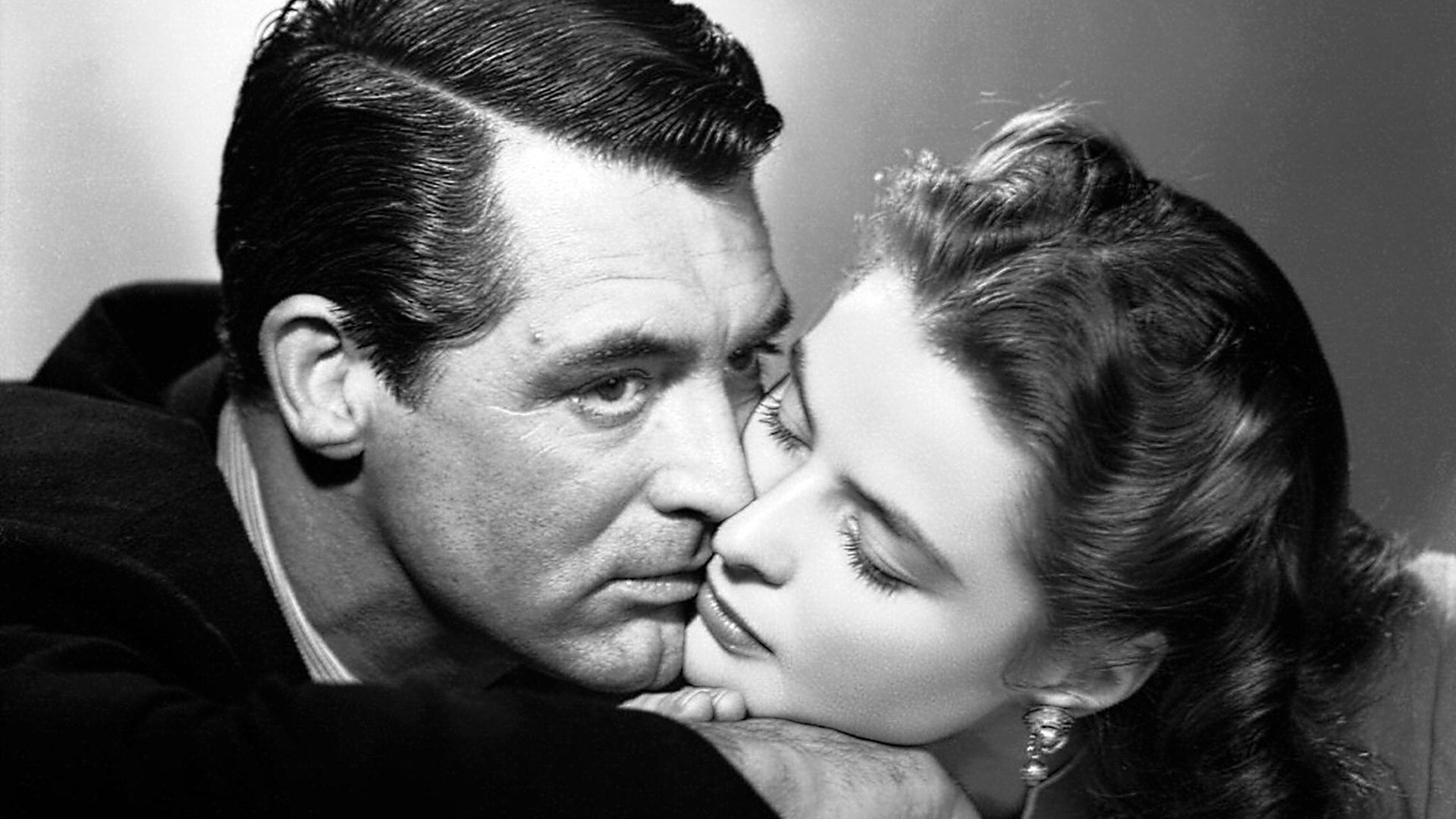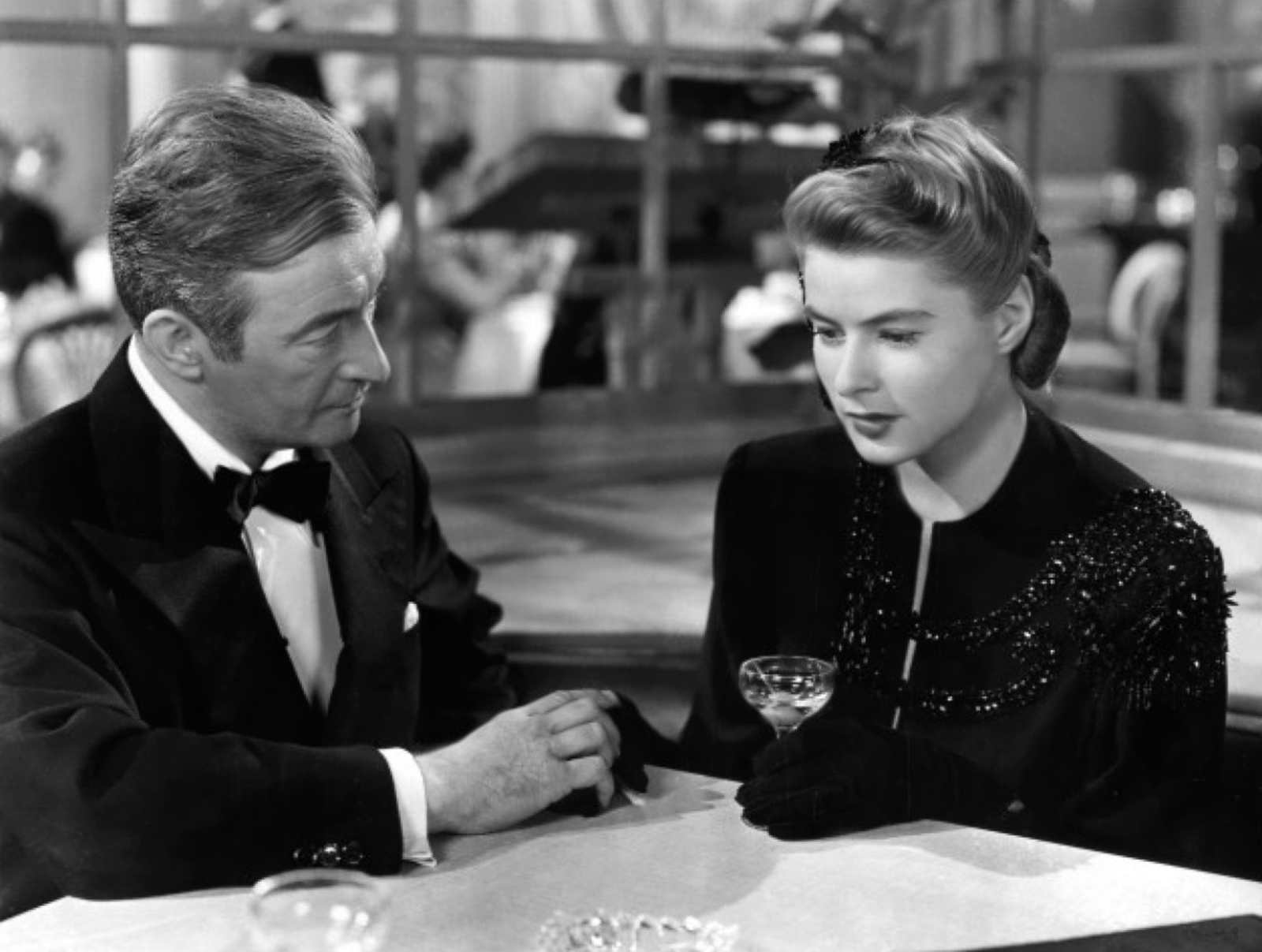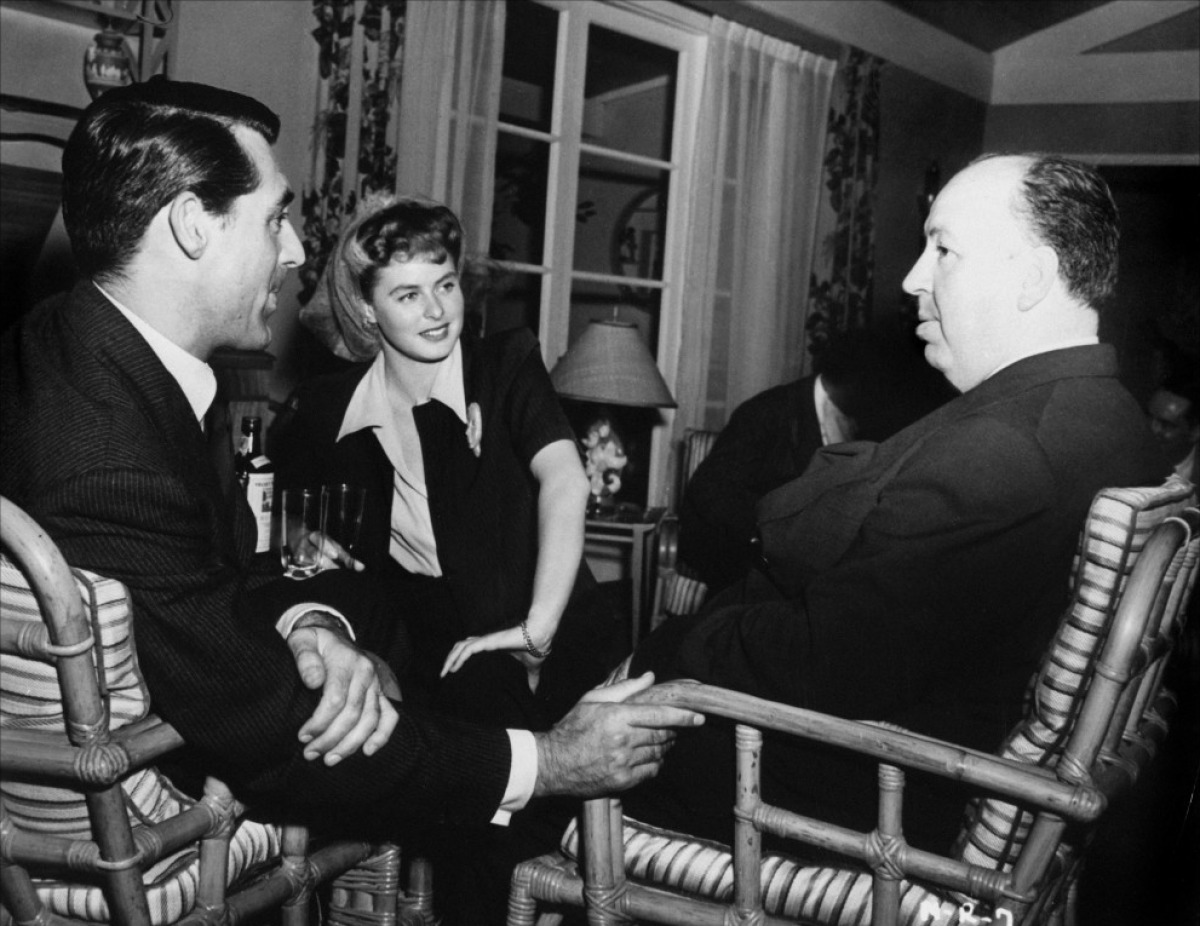This was the first paper I wrote in a Great Novels on Film course that I took in the Winter/Spring of 2015. I had to read the John Steinbeck novella Of Mice and Men and watch the 1939 film adaptation buy director Lewis Milestone. In the essay I had to make a determination on which type of translation from book to screen it is and if it successful or not. The three forms of translation I had to choose from were Literal, Traditional, and Radical according to Linda Costanzo Cahir's modes of translation from book to screen.
The 1939 film Of Mice and Men directed by Lewis Milestone and starring Burgess Meredith and Lon Chaney Jr. is an adaptation of John Steinbeck’s novella of the same name. It is not the first time and most definitely not the last time that a literary work would make the transition to the movie screen. Throughout the history of film there have been a large amount of films based on books or other such visual materials like comic books. The way I judge film adaptations of books is by first analyzing the film as a film and then separately analyzing it compared to its original literary conception. I believe that those are two separate discussions because a film can still be a great film and not a be a literal translation of the book.
The 1939 film Of Mice and Men directed by Lewis Milestone and starring Burgess Meredith and Lon Chaney Jr. is an adaptation of John Steinbeck’s novella of the same name. It is not the first time and most definitely not the last time that a literary work would make the transition to the movie screen. Throughout the history of film there have been a large amount of films based on books or other such visual materials like comic books. The way I judge film adaptations of books is by first analyzing the film as a film and then separately analyzing it compared to its original literary conception. I believe that those are two separate discussions because a film can still be a great film and not a be a literal translation of the book.
Cahir believes that there are three translations of book to screen, literal, traditional, and radical. I believe that the “Of Mice and Men” film from 1939 is a traditional translation of the book to film. It maintains the setting during the Great Depression, the characters both primary and secondary are still present, and major themes of the American Dream, companionship, and loneliness are still present. As with all traditional translations there are a few additions to the film that are not in the book. First off the beginning of the film and the beginning of the book differ from one another. The film begins with Lennie and George running from pursuers, hopping on a train and then the opening credits give way to a scene with them on a bus. None of these sequences are actually in the book, but these events are mentioned by the George in the book. The Director and writer decided that instead of just talking about previous events it was best to show it in a brief pre-credits scene. It visually establishes a backstory that essentially foreshadows events that will take place later in the plot. A difference between film and books is you can show events not actually depicted in a book using very little time. The scene on the bus is also mentioned in the book but not shown. To compensate for the additional dialogue, the writer has taken some of the dialogue that was used in the book by the stream and inserted it into this scene. Although its a different introduction to the characters than in the book it provides some additional visual backstory. It provides an introduction of the main characters to the viewers.
Another scene that I feel exhibits traits of the traditional translation is the scene in which Candy is convinced to have his old dog put down. The dialogue is the similar and the end result is the same but it is just staged differently. The movement of the characters is different than I imagined they were in the book. When Carlson brings up the idea of Candy killing the dog, he protests while lovingly embracing his dog. You can visually see how much Candy loved his dog. You can also see how Carlson is pressuring him not only verbally but physically by following Candy as he walks across the bunk house. In the book you do not get a sense of this physical pressure.that Carlson is applying to Candy. You also see the look of pain, anguish, and helplessness on Candy’s face that heightens the emotion of the scene, specifically when he looks at Slim for guidance in his predicament. The moment when Carlson is leading the dog out of the bunk house and it stops and looks directly at Candy is a heartbreaking moment. The sequence in the book does not have that level of emotional power. It is one thing to describe the scene through words and another to visually depict it.
I believe that the film is a successful rendering of the novel because despite certain changes it still depicts the same themes, uses the same characters, place, time, and borrows a lot of the same dialogue directly from the book. The acting also captures the characters of Lennie and George perfectly. Enough can not be said about how fantastic Lon Chaney Jr’s performance as Lennie is. He and Burgess Meredith as George perfectly play off one another to the extent that you forget that they are actor’s playing a part. That type of chemistry is necessary, specifically when you consider how emotional the last sequence of the film is.




